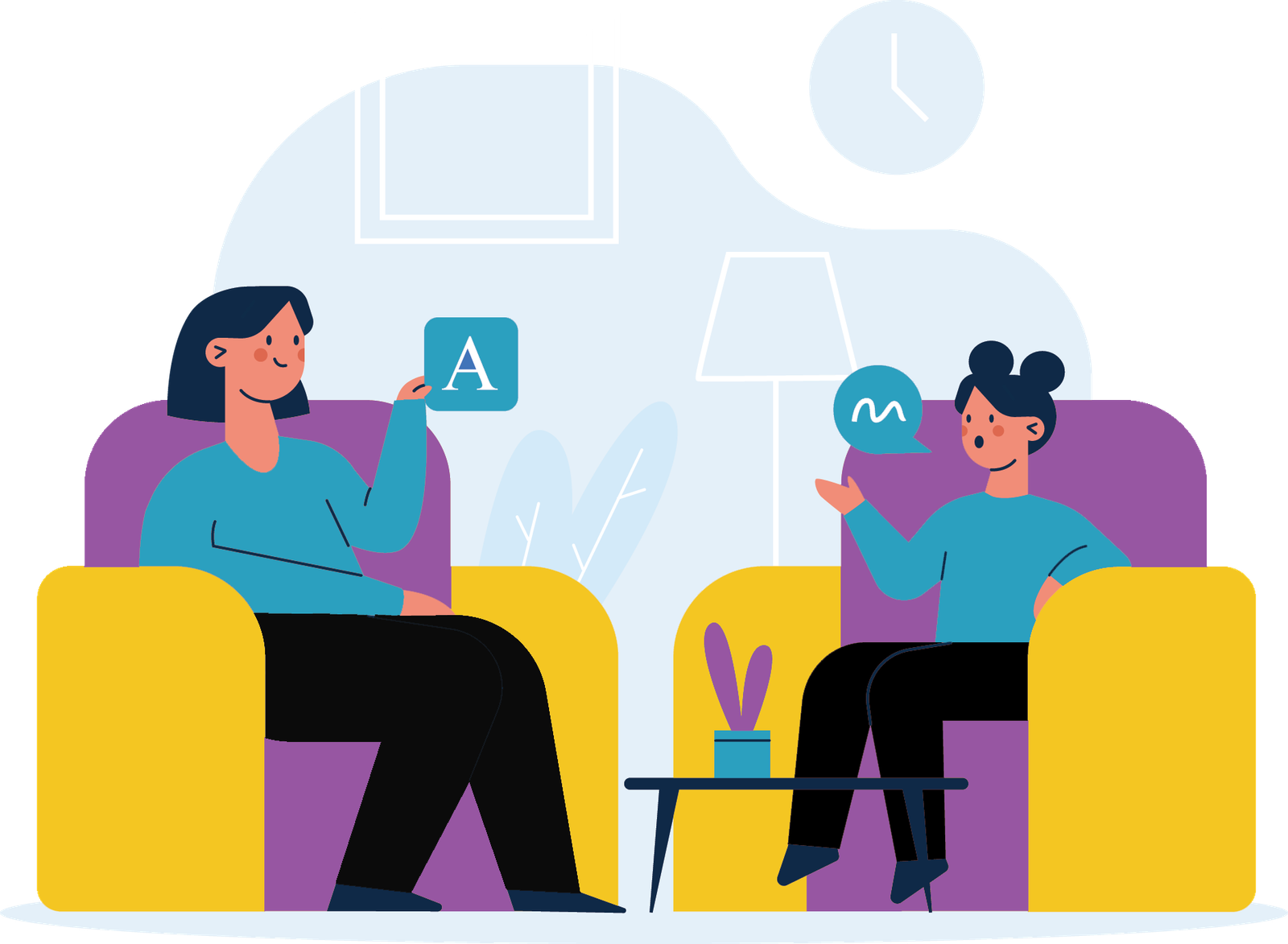+91 78889-76762
Child Behavioral Therapist
A healthier choice for a healthier you.
Child Behavioral Therapist
Child Behavioral Therapist
In today’s fast-paced world, maintaining healthy relationships can be challenging. Relationship issues are common, whether they arise from communication breakdowns, trust issues, or life changes. In India, where relationships often come with complex societal expectations, the role of a relationship counselor is more crucial than ever. Here’s why you need a relationship counselor and why investing in paid therapy can make a significant difference.

The Importance of Relationship Counseling in India?
Addressing Communication Issues
Effective communication is essential for any relationship. However, many couples struggle with expressing their thoughts and feelings clearly, leading to misunderstandings and conflicts.
Managing Conflict and Resolving Disputes
Conflicts are a natural part of any relationship, but unresolved disputes can lead to resentment and emotional distance. Counseling can help couples learn effective conflict resolution strategies, enabling them to handle disagreements constructively and strengthen their bond.
Navigating Cultural Expectations
relationships are often influenced by cultural norms and family expectations. These external pressures can add stress to relationships and complicate personal issues.
Why Paid Therapy needed in Realtionship Therapy?
Why Paid Therapy needed in Realtionship Therapy?
Access to Qualified Professionals
Paid therapy offers access to experienced and highly qualified relationship counselors. These professionals have specialized training and expertise in dealing with various relationship issues, ensuring that you receive effective.
Confidentiality and Privacy
Paid therapy ensures that your sessions are conducted in a confidential environment. This privacy is crucial for discussing sensitive issues and ensures that your personal information remains protected.
Long-Term Support and Commitment
Therapy often requires ongoing sessions to achieve meaningful results. Paid therapy encourages a commitment to the process, allowing you to work through your issues over time and achieve lasting improvements in your relationship.
Additional Resources and Support
Many paid therapy services offer additional resources such as workshops, online materials, and follow-up sessions.
Personalized Care and Attention
In paid therapy, counselors can dedicate more time and resources to understanding your specific relationship dynamics. This personalized approach helps create tailored solutions that address your unique concerns and goals.
Why You Need Relationship Counseling?
Why You Need Relationship Counseling?
Improve Communication
Effective communication is essential for any successful relationship. If you and your partner struggle to express your thoughts, feelings, or needs, relationship counseling can help you develop better communication skills.
Resolve Conflicts
Conflicts and disagreements are natural in any relationship. However, unresolved issues can lead to tension and resentment. Counseling provides a structured environment where you can address and resolve conflicts with the guidance of a professional.
Rebuild Trust
Trust is a fundamental component of any healthy relationship. If trust has been broken due to past events, such as infidelity or dishonesty, a relationship counselor.
Navigate Life Changes
Life changes, such as moving to a new city, having children, or facing financial stress, can impact your relationship. Counseling can provide support during these transitions, helping you and your partner adapt.
Build Stronger Relationships
Even if your relationship is not in crisis, counseling can help you build a stronger foundation. By addressing minor issues and improving your relationship skills, you can create a more fulfilling and resilient partnership.
How to Choose the Best Therapist for Your Needs
Assess Qualifications and Experience
Look for a licensed therapist with relevant qualifications. This could include degrees in psychology, counseling, social work, or specific certifications in anger management and child therapy.
Observe Compatibility and Rapport
The therapist should communicate effectively with you, keeping you informed about the therapy process and progress.
Check for a Comprehensive Approach
Ensure the therapist conducts a thorough assessment of your child’s behavior, emotional state, and any underlying issues contributing to anger.
Read Reviews and Testimonials
Check online reviews and testimonials from other clients. This can give you insights into the therapist’s approach, effectiveness, and how comfortable others have felt during their sessions. Positive feedback and recommendations can be a good indicator of a therapist’s competence.

5.0Top Rated Serviceverified by TrustindexTrustindex verifies that the company has a review score above 4.5, based on reviews collected on Google over the past 12 months, qualifying it to receive the Top Rated Certificate.
The professional, licensed, and vetted Psychologist who you can trust.
FAQs About Child Therapy
Common signs of anger issues in children include frequent outbursts of rage, aggressive behavior (such as hitting or yelling), difficulty calming down after becoming upset, trouble following rules or instructions, and excessive frustration over minor issues.
The duration of therapy varies depending on the severity of the anger issues and the child’s response to treatment. Some children may show improvement in a few months, while others may require longer-term support. Progress is typically monitored regularly, and therapy plans are adjusted as needed.
Consider Other Factors Explore other potential factors contributing to the anger, such as underlying conditions or environmental stressors.
